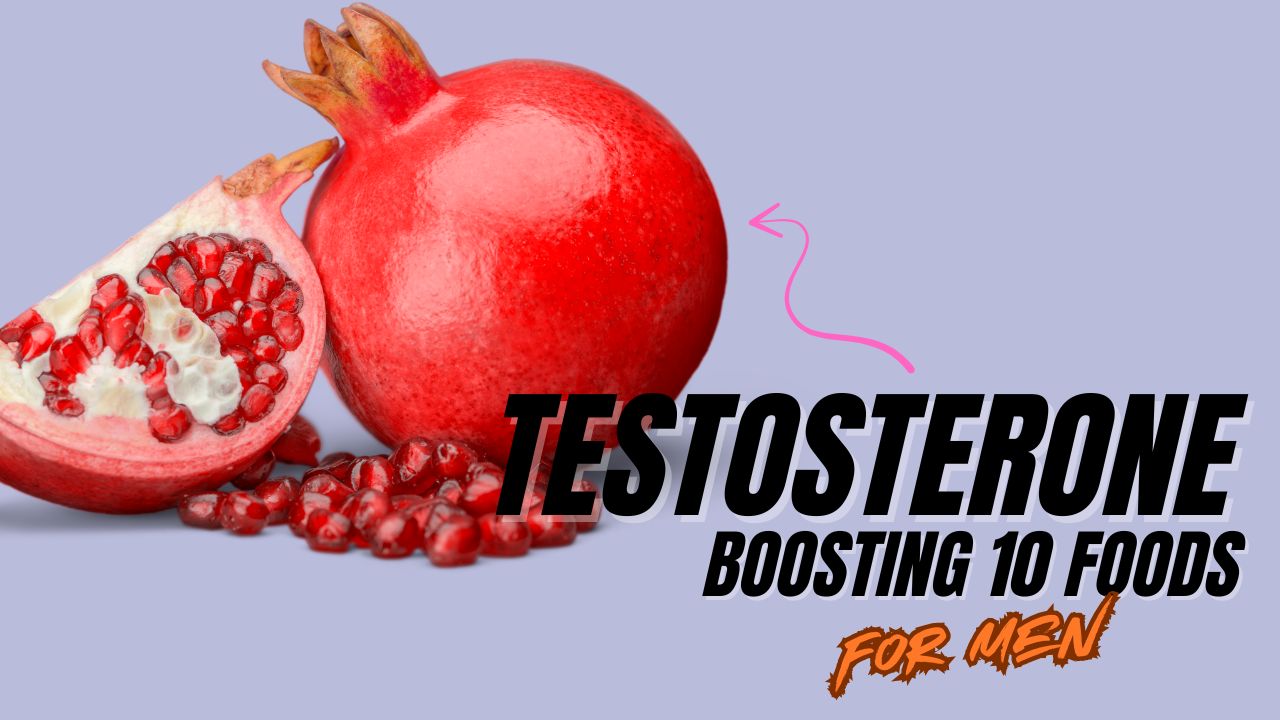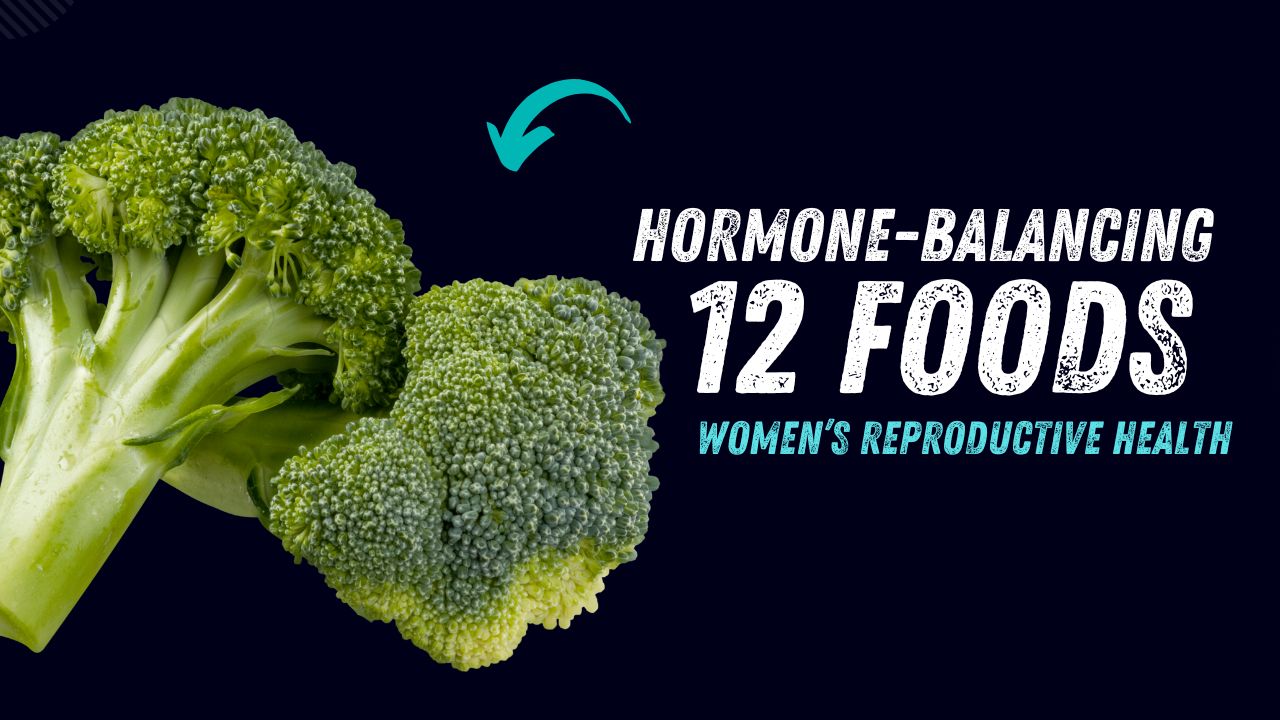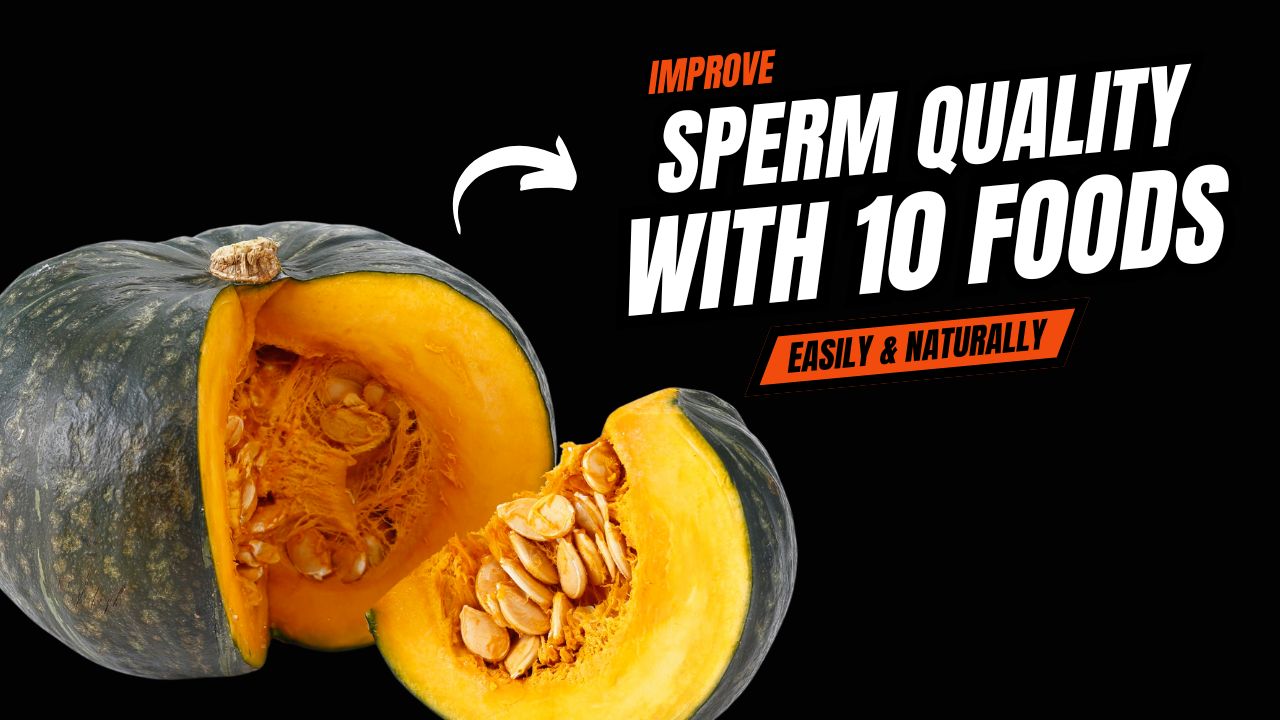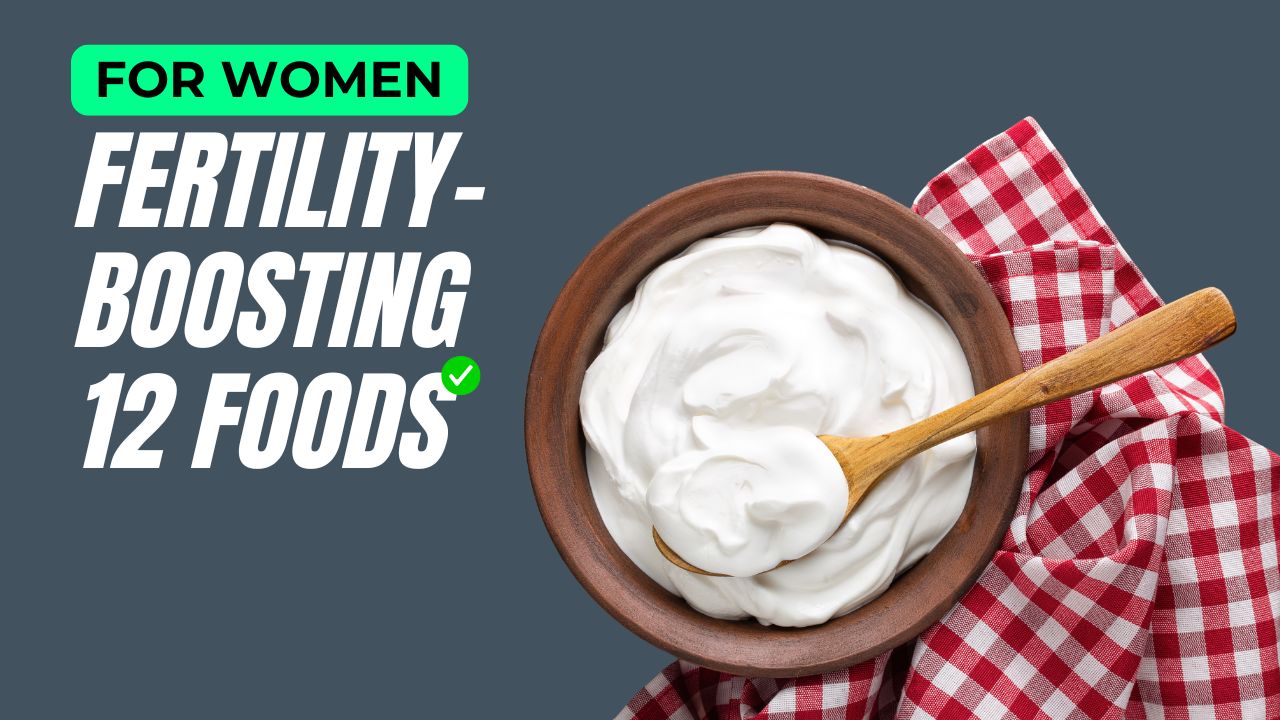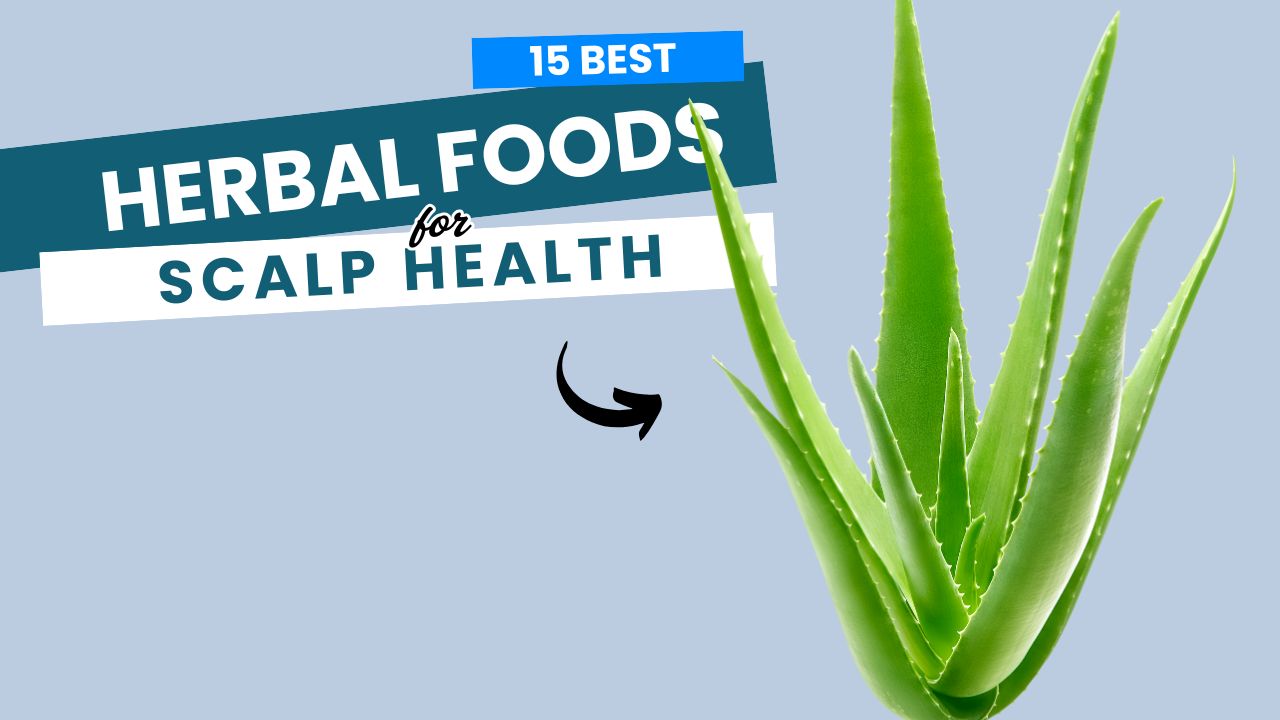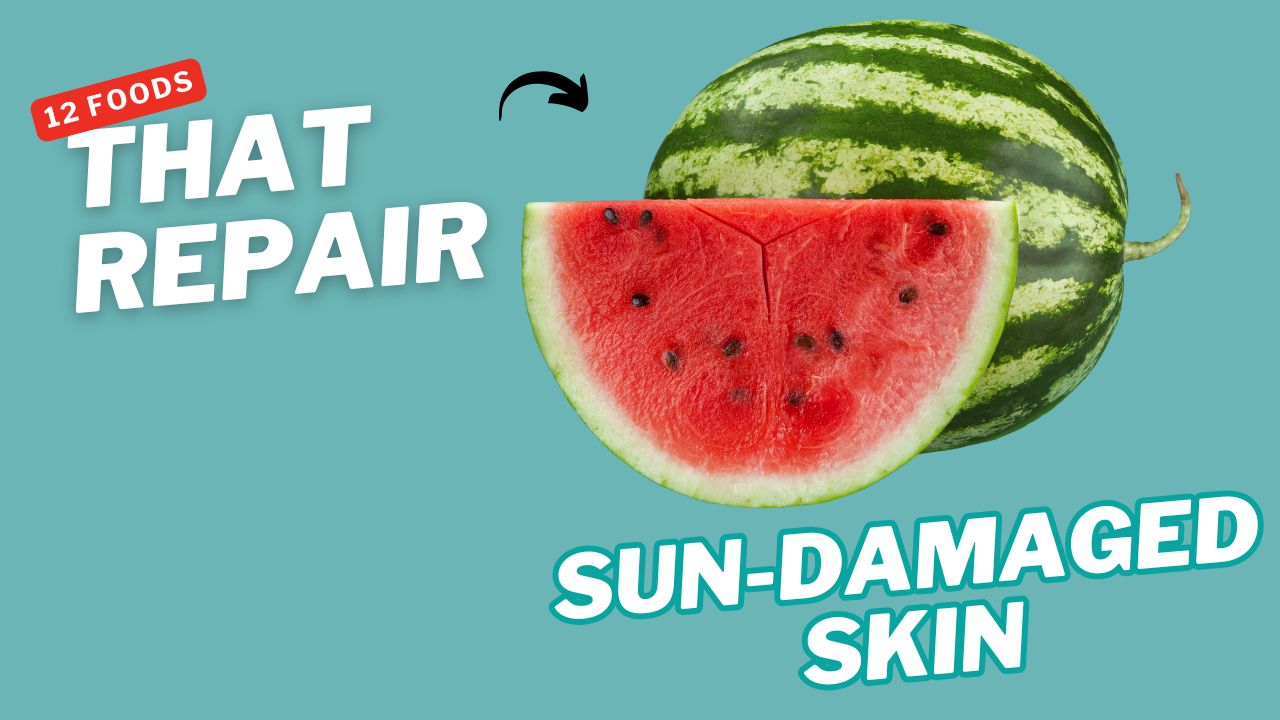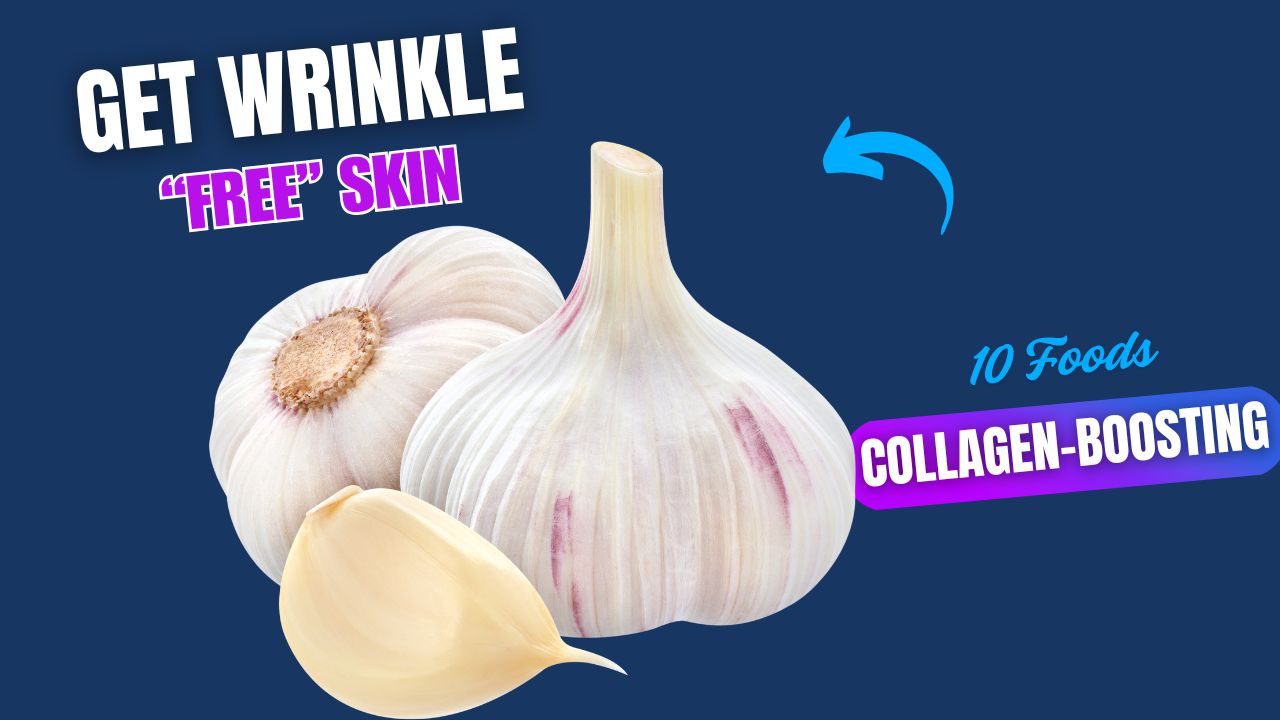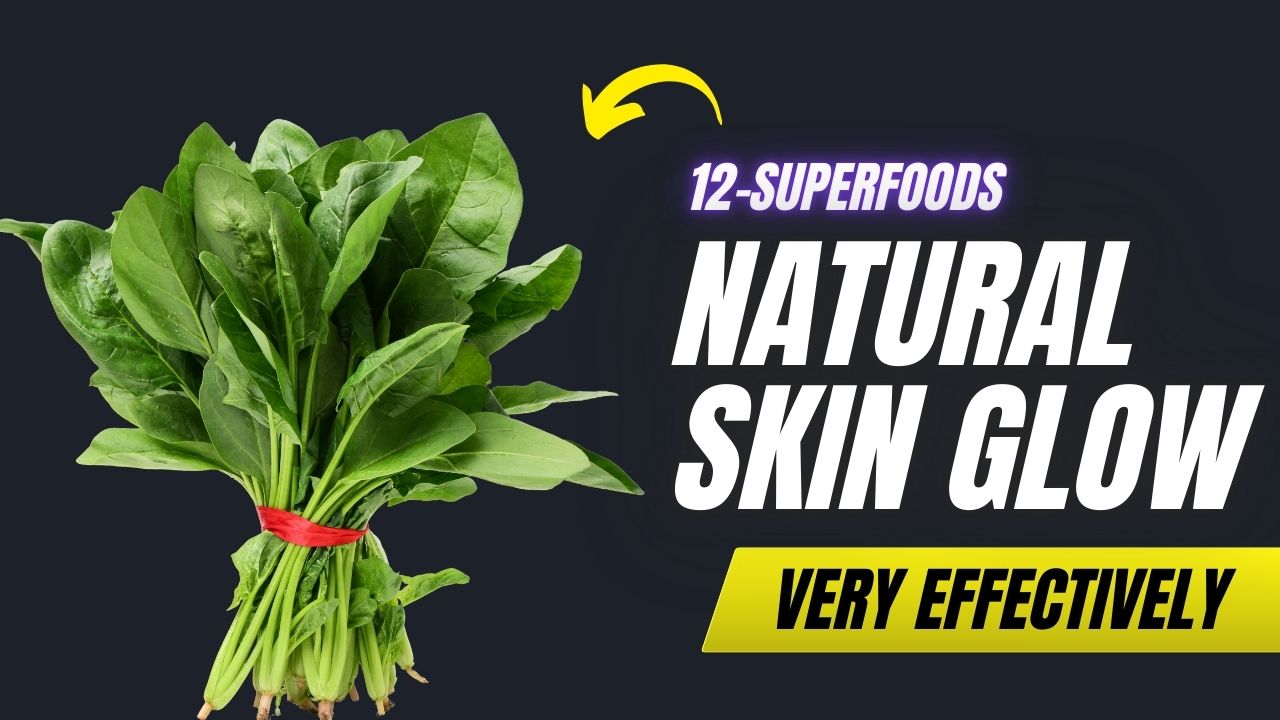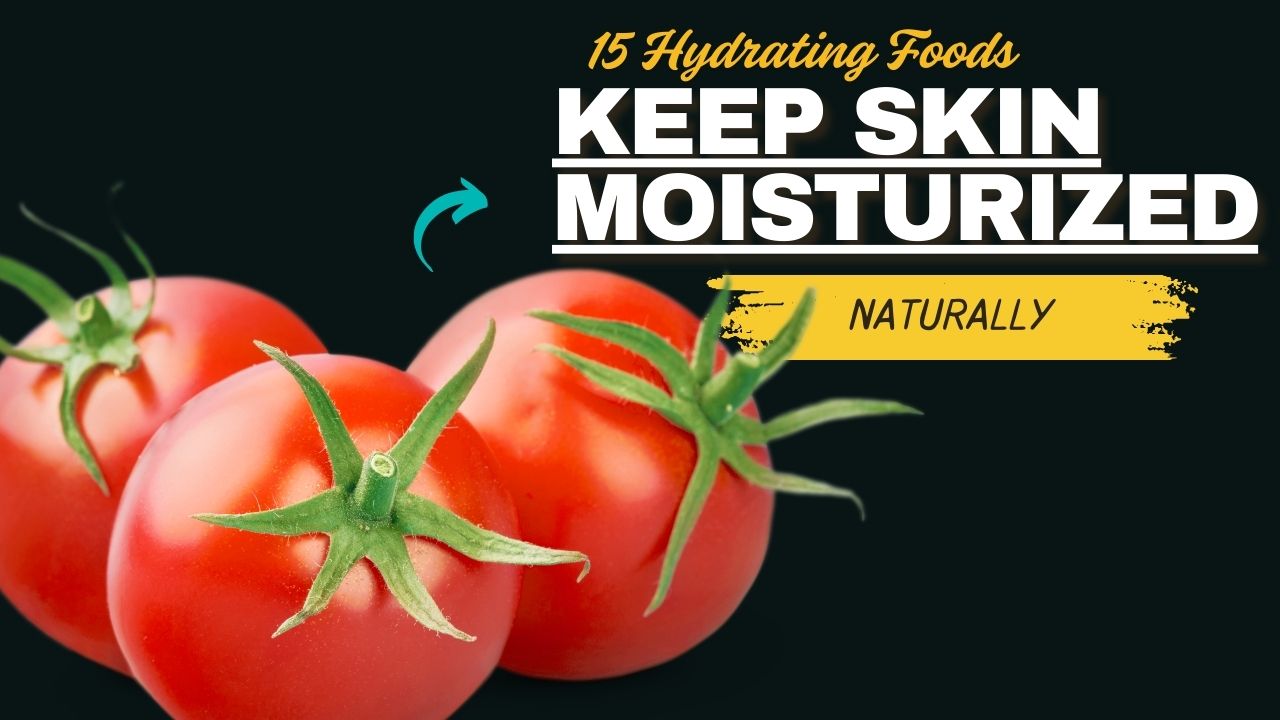Did you know that after the age of 25, your body’s natural collagen production begins to decline by about 1% every year?
Collagen is the most abundant protein in your body, responsible for keeping your skin firm, elastic, and wrinkle-free. As collagen levels drop, fine lines, sagging skin, and wrinkles slowly make their appearance.
But here’s the good news: you don’t always need expensive serums or cosmetic treatments to support youthful skin. What you eat plays a powerful role in boosting your body’s natural collagen levels.
By including collagen-rich foods or foods that stimulate collagen production in your diet, you can help slow down premature aging, reduce wrinkles, and maintain a radiant glow from the inside out.
In this article, we’ll explore 12 collagen-boosting foods that can reduce wrinkles and keep your skin looking youthful. You’ll also learn:
- The best ways to eat or use each food.
- Who should eat or avoid them.
- Storage and buying tips.
- Do’s and Don’ts for maximum benefits.
- Possible side effects (if any).
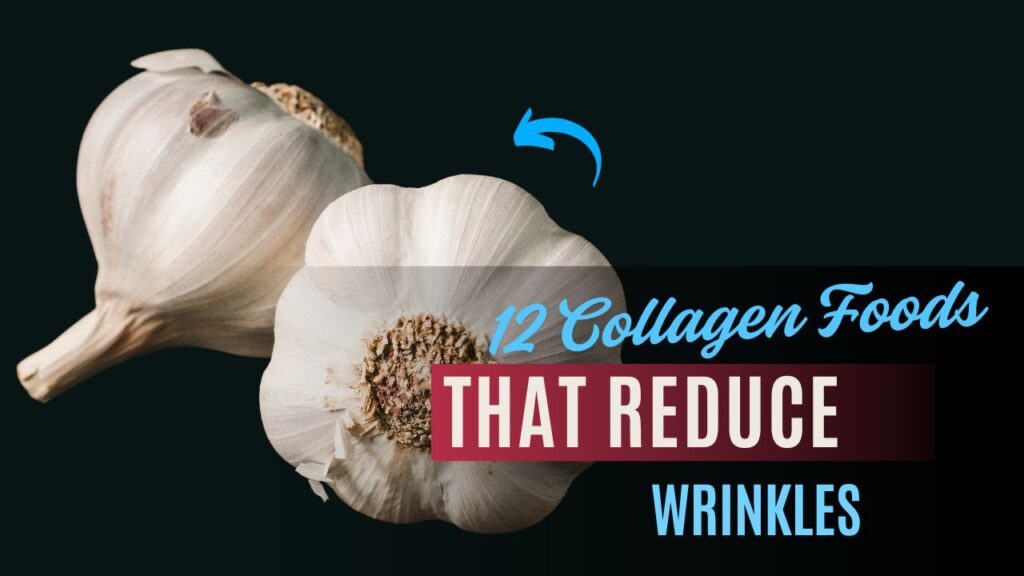
Table of Contents
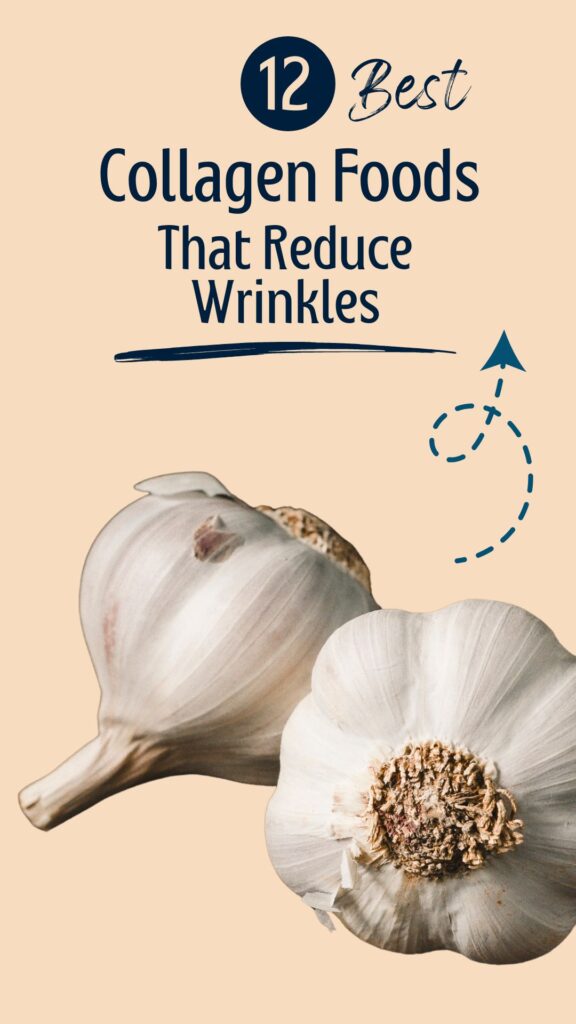
12 Foods That Reduce Wrinkles
1. Bone Broth
Bone broth is one of the most direct sources of collagen since it’s made by simmering animal bones and connective tissues.
Best Ways to Eat or Use It
- Sip warm as a nourishing drink.
- Use as a base for soups and stews.
- Add to sauces for extra richness.
Who Should Eat / Avoid
- Good for: those seeking joint health, athletes, and skin-conscious individuals.
- Avoid if: you’re on a low-sodium diet or have gout (purine-rich).
Storage & Buying Tips
- Buy from trusted sources or make at home for purity.
- Store in the fridge (3–4 days) or freeze for up to 6 months.
Do’s & Don’ts
| ✅ Do | ❌ Don’t |
|---|---|
| Make your own with grass-fed bones | Buy heavily processed versions with additives |
| Freeze in small batches | Keep at room temperature for long |
Possible Side Effects
- Can be high in sodium if store-bought.
2. Salmon
Salmon doesn’t directly provide collagen but supports collagen synthesis with omega-3 fatty acids, which keep skin hydrated and supple.
Best Ways to Eat or Use It
- Grilled or baked.
- Added to salads or poke bowls.
- Smoked salmon as a snack.
Who Should Eat / Avoid
- Good for: people with dry skin, athletes, heart health.
- Avoid if: allergic to fish or on very low-fat diets.
Storage & Buying Tips
- Choose wild-caught over farmed for higher nutrients.
- Refrigerate and consume within 2 days of purchase.
Do’s & Don’ts
| ✅ Do | ❌ Don’t |
|---|---|
| Pair with leafy greens | Reuse old oil when frying |
| Freeze portions for freshness | Leave at room temp |
Possible Side Effects
- Overeating may expose you to mercury (though salmon is relatively low).
3. Eggs
The egg whites are rich in proline, an amino acid essential for collagen production.
Best Ways to Eat or Use It
- Hard-boiled as snacks.
- Scrambled with vegetables.
- Added to smoothies for extra protein (pasteurized whites).
Who Should Eat / Avoid
- Good for: gym-goers, skin-conscious individuals, kids.
- Avoid if: you have egg allergies or high cholesterol concerns (yolks).
Storage & Buying Tips
- Buy organic, free-range eggs.
- Store in the fridge for up to 3–5 weeks.
Do’s & Don’ts
| ✅ Do | ❌ Don’t |
|---|---|
| Use both yolk and white for balanced nutrition | Leave eggs unwashed outside fridge |
| Cook lightly to preserve nutrients | Eat raw eggs (risk of salmonella) |
Possible Side Effects
- Overconsumption may increase cholesterol in sensitive individuals.
4. Berries (Strawberries, Blueberries, Raspberries)
Berries are packed with vitamin C, a key nutrient for collagen synthesis.
Best Ways to Eat or Use It
- Blend into smoothies.
- Add to oatmeal or yogurt.
- Eat fresh as snacks.
Who Should Eat / Avoid
- Good for: those fighting wrinkles, weight-loss seekers.
- Avoid if: sensitive to acidity (can trigger reflux).
Storage & Buying Tips
- Buy firm, brightly colored berries.
- Store in the fridge and wash just before eating.
Do’s & Don’ts
| ✅ Do | ❌ Don’t |
|---|---|
| Pair with nuts for healthy fats | Leave unwashed berries in moisture |
| Freeze extras for later | Store near strong-smelling foods |
Possible Side Effects
- Too many can cause bloating due to fiber.
5. Leafy Greens (Spinach, Kale, Swiss Chard)
These greens are rich in chlorophyll, known to increase skin’s procollagen.
Best Ways to Eat or Use It
- Add to salads, soups, or green smoothies.
- Lightly sauté with olive oil.
Who Should Eat / Avoid
- Good for: skin health, weight-loss, heart health.
- Avoid if: you’re on blood thinners (vitamin K may interfere).
Storage & Buying Tips
- Choose dark, crisp leaves.
- Store in airtight bags in the fridge.
Do’s & Don’ts
| ✅ Do | ❌ Don’t |
|---|---|
| Steam lightly to preserve nutrients | Overcook until mushy |
| Mix with citrus for better absorption | Leave uncovered in fridge |
Possible Side Effects
- May cause bloating in some due to high fiber.
6. Citrus Fruits (Oranges, Lemons, Grapefruit)
Vitamin C helps convert pro-collagen into collagen.
Best Ways to Eat or Use It
- Fresh juices.
- Sliced into salads.
- As infused water.
Who Should Eat / Avoid
- Good for: skin rejuvenation, immune health.
- Avoid if: you have acid reflux or citrus allergy.
Storage & Buying Tips
- Pick firm, heavy fruits.
- Store at room temperature or fridge for longer.
Do’s & Don’ts
| ✅ Do | ❌ Don’t |
|---|---|
| Eat whole fruit for fiber | Overconsume juice (high sugar) |
| Combine with iron-rich foods | Store near heat |
Possible Side Effects
- Excess may erode tooth enamel.
7. Garlic
Garlic contains sulfur, which helps synthesize collagen and prevent its breakdown.
Best Ways to Eat or Use It
- Add raw to dips or sauces.
- Sauté lightly in olive oil.
- Roast whole cloves.
Who Should Eat / Avoid
- Good for: heart health, skin health.
- Avoid if: prone to acid reflux or on blood-thinners.
Storage & Buying Tips
- Store bulbs in a cool, dry place.
- Avoid refrigerated garlic unless peeled.
Do’s & Don’ts
| ✅ Do | ❌ Don’t |
|---|---|
| Crush before cooking (activates allicin) | Store in sealed plastic |
| Use fresh cloves | Eat in huge quantities (can irritate stomach) |
Possible Side Effects
- Strong odor and possible digestive upset.
8. Tomatoes
Rich in lycopene, an antioxidant that supports collagen strength.
Best Ways to Eat or Use It
- Eat raw in salads.
- Cook with olive oil for better lycopene absorption.
Who Should Eat / Avoid
- Good for: skin protection against UV damage.
- Avoid if: you’re sensitive to nightshades.
Storage & Buying Tips
- Store at room temperature.
- Don’t refrigerate unless ripe and soft.
Do’s & Don’ts
| ✅ Do | ❌ Don’t |
|---|---|
| Pair with olive oil | Store unripe in fridge |
| Use in soups and sauces | Overcook until nutrient loss |
Possible Side Effects
- May cause heartburn in sensitive individuals.
9. Nuts & Seeds (Almonds, Chia, Flaxseeds)
These provide vitamin E and zinc, both of which protect and build collagen.
Best Ways to Eat or Use It
- Sprinkle on yogurt or salads.
- Blend into smoothies.
- Use nut butters.
Who Should Eat / Avoid
- Good for: vegetarians, skin health, brain function.
- Avoid if: nut allergies.
Storage & Buying Tips
- Store in airtight containers.
- Refrigerate for freshness.
Do’s & Don’ts
| ✅ Do | ❌ Don’t |
|---|---|
| Roast lightly | Store in warm, humid places |
| Use in homemade granola | Eat salted versions excessively |
Possible Side Effects
- High calories, so over-snacking may cause weight gain.
10. Avocados
Avocados are rich in healthy fats and vitamin E, essential for skin elasticity.
Best Ways to Eat or Use It
- Mashed on toast.
- Blended in smoothies.
- Added to salads.
Who Should Eat / Avoid
- Good for: dry skin, weight management.
- Avoid if: allergic or on low-fat diets.
Storage & Buying Tips
- Choose slightly soft avocados.
- Store unripe ones at room temperature.
Do’s & Don’ts
| ✅ Do | ❌ Don’t |
|---|---|
| Sprinkle with lemon to prevent browning | Store cut avocado uncovered |
| Use as a creamy substitute for mayo | Refrigerate unripe avocados |
Possible Side Effects
- High in calories if eaten excessively.
11. Soy Products (Tofu, Edamame)
Soy contains genistein, an isoflavone that may stimulate collagen production.
Best Ways to Eat or Use It
- Tofu stir-fries.
- Steamed edamame.
- Soy milk in smoothies.
Who Should Eat / Avoid
- Good for: vegetarians, menopausal women (supports skin and bone health).
- Avoid if: allergic to soy or thyroid issues.
Storage & Buying Tips
- Store tofu in water in the fridge.
- Use fresh, non-GMO soy when possible.
Do’s & Don’ts
| ✅ Do | ❌ Don’t |
|---|---|
| Rotate soy with other proteins | Overconsume soy daily |
| Cook fresh edamame | Buy heavily processed soy snacks |
Possible Side Effects
- May interfere with thyroid function in high amounts.
12. Dark Chocolate (with at least 70% Cocoa)
Dark chocolate is packed with antioxidants that protect skin and preserve collagen.
Best Ways to Eat or Use It
- Eat a small piece daily.
- Add to smoothies.
- Use as a topping for oats.
Who Should Eat / Avoid
- Good for: skin health, mood boost, heart health.
- Avoid if: sensitive to caffeine or managing weight strictly.
Storage & Buying Tips
- Store in a cool, dry place.
- Choose dark varieties (70% cocoa or higher).
Do’s & Don’ts
| ✅ Do | ❌ Don’t |
|---|---|
| Eat in moderation | Choose milk chocolate (less cocoa, more sugar) |
| Pair with nuts or fruits | Store in hot areas |
Possible Side Effects
- Excess can lead to caffeine jitters and sugar intake.
Conclusion
Collagen is the secret behind youthful, glowing, wrinkle-free skin — and the good news is, you can boost it naturally with the right foods.
From bone broth and eggs to berries, leafy greens, and even dark chocolate, these 12 collagen-rich or collagen-boosting foods provide your body with the building blocks it needs to maintain skin elasticity, reduce wrinkles, and slow down visible signs of aging.
Start by adding just a few of these foods to your daily meals. A smoothie with berries and spinach, grilled salmon with avocado, or even a square of dark chocolate can make a big difference over time.
Now it’s your turn: Which of these collagen foods will you try first? Share your favorite recipe or food pairing in the comments below!
Frequently Asked Questions (FAQs)
What foods are highest in collagen?
Bone broth is one of the richest direct sources of collagen. Eggs (especially the whites), chicken skin, and fish with skin also provide natural collagen.
Can eating collagen foods really reduce wrinkles?
Yes. While topical products help externally, collagen-boosting foods work from the inside out. They provide amino acids, vitamins, and antioxidants that support skin elasticity and reduce fine lines over time.
How long does it take to see results from collagen foods?
Results vary, but most people notice improvements in skin hydration and texture within 6–12 weeks of consistent intake of collagen-rich or collagen-supporting foods.
Are supplements better than natural collagen foods?
Supplements can help, but foods offer additional nutrients like fiber, antioxidants, and vitamins that work together to support healthy, youthful skin. It’s best to combine both if needed.
Can vegetarians boost collagen naturally?
Yes. While direct collagen is animal-based, vegetarians can eat foods like berries, leafy greens, soy, citrus fruits, nuts, and seeds that stimulate collagen production in the body.
Is collagen safe for everyone?
Most people can safely consume collagen-boosting foods. However, those with food allergies (e.g., fish, eggs, soy, or nuts) should avoid certain sources. If you have medical conditions, consult a doctor before making major dietary changes.
Do collagen foods only benefit the skin?
Not at all. Collagen also supports joint health, strong hair, nail growth, gut health, and even heart function. It’s a protein with wide-reaching benefits.
How much collagen food should I eat daily?
There’s no strict rule, but aim to include at least 1–2 collagen-rich or collagen-supporting foods in your daily diet for visible skin and health benefits.
Can collagen foods replace anti-aging creams?
Not completely. Foods nourish the skin from within, while creams protect and hydrate from the outside. For best results, combine both approaches.
Do collagen foods have any side effects?
Most collagen foods are safe, but overeating certain ones may cause issues. For example, too much citrus can erode tooth enamel, garlic may upset digestion, and nuts may cause weight gain if eaten in excess.
